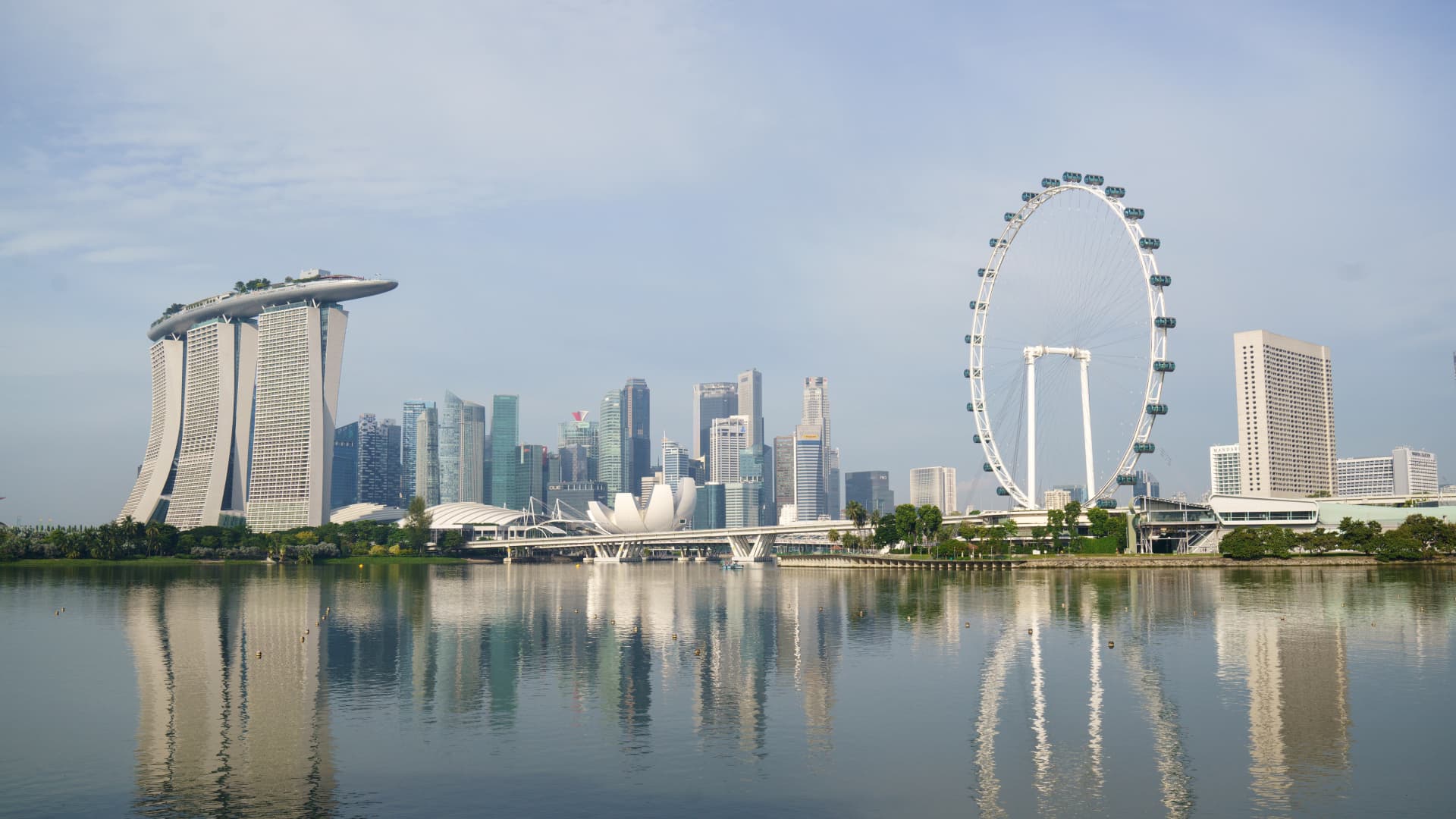Singapore’s venture capital scene looks set for a ‘pretty decent’ 2023, investment firm says

Unlike global markets more generally, the venture capital scene in Singapore is “still very active,” Tong said. That’s because companies in the country tend be at the earlier, nascent stages of development, and “in the seed and Series A stages, there’s still lots of liquidity. There’s lots of capital there,” he added.
Global markets, on the other hand, tend to be at the “more mature” stages of Series B and C, where venture capital has “dried up a little bit.”
A seed funding round — also known as the initial investment — is followed by various rounds, known as Series A, B, C and so on.
Venture funding for the first nine months of 2022 totaled $369 million, down 25% year on year, according to Crunchbase.
“2022 has been a good year for us, quite unlike some other investment categories. It was a good year for emerging tech start-ups where a lot of breakthroughs have happened,” Tong said.
For example, Singapore-headquartered biotech company MiRXES launched a “T10 ultra-high throughput sequencing platform” — which it says would help with the early detection of diseases and precision medicine — in Asia-Pacific last month.
And clean-tech company SunGreenH2, which raised $2 million led by SGInnovate in August, is conducting trials of its materials with global electrolyzer manufacturers.
Tong added that Singapore has been “sheltered from a lot of the effects” of global macro economic headwinds. As a result, Singapore has been able to “build up its infrastructure probably a little bit better.”
He also named energy as a sector to watch in 2023 in light of breakthroughs in nuclear fusion and hydrogen.
“Quantum technology is another area where I think there are going to be some significant announcements and breakthroughs,” he added.